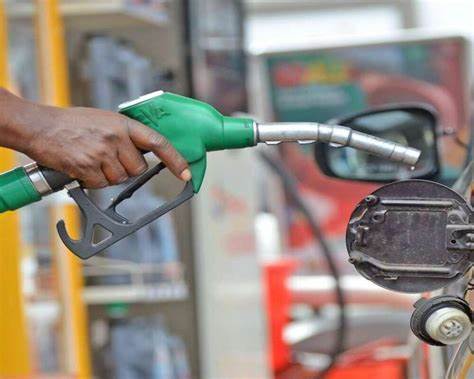Despite recent drops in fuel prices and the Ghanaian cedi appreciating against the U.S. dollar, Ghanaians have yet to see a noticeable reduction in the cost of living. Experts say that while fuel prices may have declined, other factors continue to keep transportation and goods prices high.
The Chamber of Petroleum Consumers (COPEC) has accused Oil Marketing Companies (OMCs) of failing to fully implement fuel price reductions. According to COPEC, petrol, diesel, and liquefied petroleum gas (LPG) were expected to drop by 4.5%, 3.8%, and 3.9%, respectively. However, companies have only made small adjustments, keeping prices higher than anticipated.
The Executive Secretary of COPEC, Duncan Amoah, criticized the OMCs, stating, “When fuel prices rise, OMCs are quick to adjust, but when global benchmarks favor reductions, they delay.”
Even though fuel costs have decreased, other expenses remain high. Transport fares are manually set by the Ghana Private Road Transport Union (GPRTU), meaning price reductions do not happen automatically. Additionally, vehicle maintenance costs, including spare parts, insurance, and repairs, have not gotten cheaper, further contributing to the overall financial burden. Many businesses also choose to observe long-term trends before adjusting their prices.
According to MyJoyOnline, many Ghanaians are frustrated that transport fares have not dropped, despite lower fuel prices. Commercial motorcycle riders have complained that prices should be reduced further, as they rely heavily on fuel.
Some commercial drivers also expressed disappointment, stating, “We were promised a 4% reduction, but at the pump, it’s only 1%, making the impact insignificant.”
What Does This Mean for Ghanaians?
With the cedi appreciating over the past few weeks, citizens expected a positive ripple effect across the economy, particularly in fuel prices and transport costs. A stronger cedi typically reduces the cost of importing petroleum, meaning fuel should become cheaper. However, market dynamics and pricing strategies are preventing consumers from fully benefiting from these economic improvements.
For Ghanaian households, this means that despite favorable macroeconomic conditions, the cost of transportation and goods may remain high for now. While the cedi’s performance offers hope for long-term economic relief, businesses and service providers often take time to adjust prices downward, even when external factors improve.
COPEC is urging regulators to ensure OMCs fully comply with the expected price reductions. If fuel prices continue to drop and the cedi remains strong, experts say transport fares and goods prices should eventually follow—but it may take time.
For now, Ghanaian consumers will have to wait and see if businesses adjust their pricing to reflect the changes in fuel costs.




